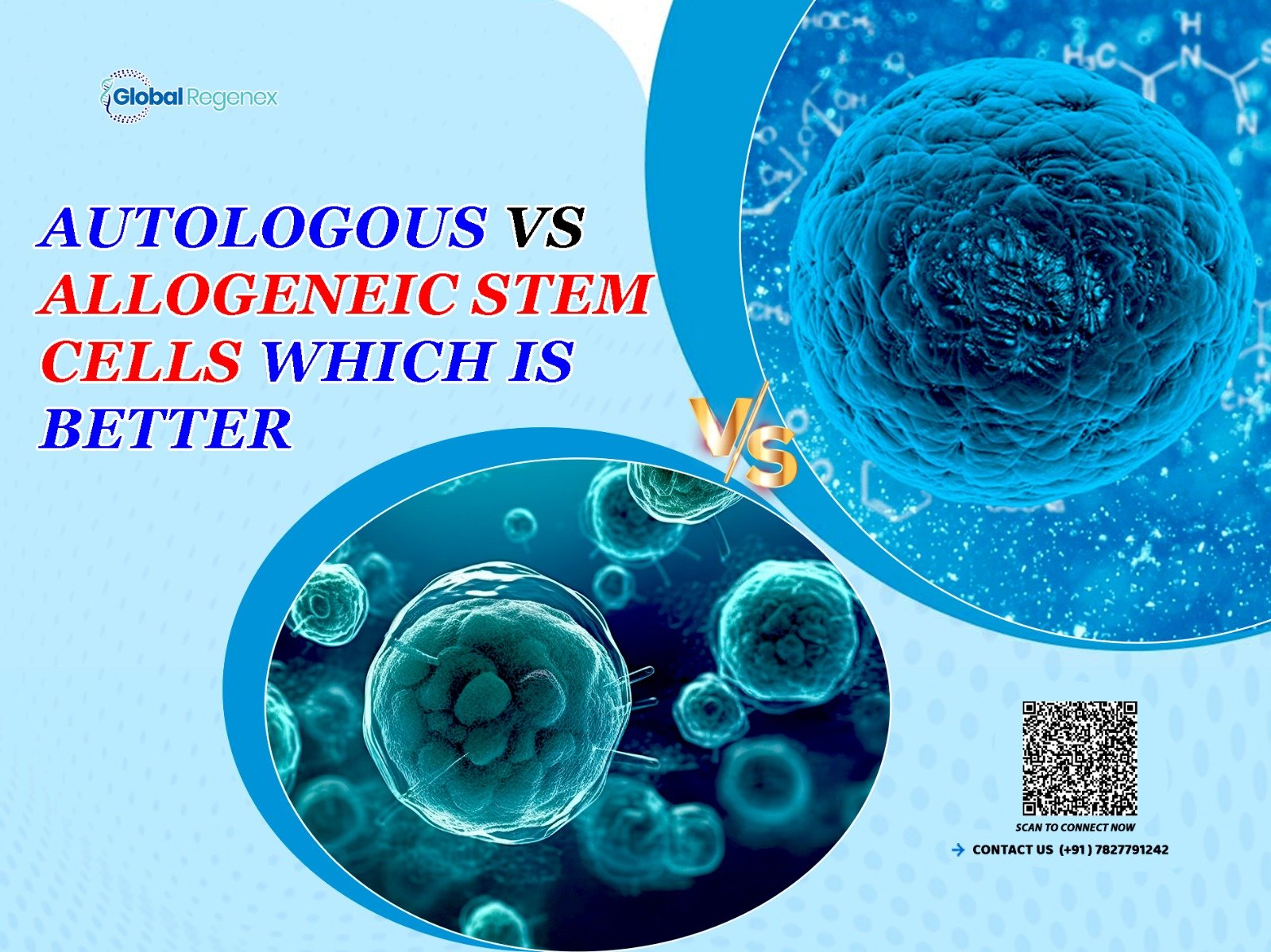- Published on:October 22, 2024
- Updated on: November 13, 2024
- Author: Global Regenex
Exosome Treatment for Male Infertility

Do you have a male infertility problem or someone close to you? It is one heck of a journey. However, new treatments are being developed to deal with this condition. One promising development is exosome treatment.
Exosomes are small vesicles that carry vital information from cell to cell. They can enhance the quality of sperm and increase fertility. Researchers are studying how these tiny but mighty particles can be used to treat male infertility. This may increase the odds of getting pregnant in men who are struggling to conceive. Now let’s get started on how exosome treatment works and what is promising in the hope of starting or expanding a family.
Symptoms of Infertility in Male
Male infertility is hard to be clinically diagnosed since it affects numerous couples who cannot conceive. Although a male does not have some evident symptoms of fertility disorders, there are specific symptoms that indicate such conditions. It is important to be aware of them to make a quick diagnosis and start the treatment process. If any of the following symptoms occur, a man should be evaluated by a medical professional for further assessment and assistance. Early intervention often increases the likelihood of conception. Some of the most frequent male infertility symptoms are described as follows.
- Sexual dysfunction: These can range from problems with ejaculation to decreased libido (sex drive) or erectile dysfunction. These changes may denote becoming infertile.
- Hormonal Imbalances: Symptoms can include low levels of testosterone which cause fatigue, loss of muscle mass, or gain in body fat. Hormonal adjustments would influence sperm production as well as the overall ability to conceive.
- Pain or Swelling: A sharp pain or swelling of the testicles can be an indication of infections or varicocele, which is an elongation of veins within the scrotum and causes fertility issues.
- Changes in Sperm Quality: If a man notices that the semen volume has reduced or the consistency of the semen has changed, it may indicate a fertility issue. The sperms can also be slightly abnormal in shape or motility.
- Genetic Issues: Certain genetic disorders also lead to infertility issues. Men who are associated with genetic problems in their family history may be at a higher risk for infertility issues.
- Underlying Health Conditions: Certain health conditions can be major causes of male fertility issues, such as diabetes, thyroid problems, or obesity. Improvement in these health conditions also improves overall reproductive health.
Exosomes’ Impact on Sperm Production
Exosomes are tiny vesicles which have an important function of intercellular communication. They are present in most fluids of the body, such as blood and semen. The latest studies show that exosomes are also very important for the production of sperms. Exosomes carry proteins, lipids, and RNA, which are taken from a cell and transferred to another cell. In sperm production, it has been found to act in the following ways:
- Cell to cell communication: Exosomes mediate cell to cell communication in the testes, where sperm is produced. That is to say, this form of communication is essential for the proper production of sperm.
- Sperm maturation: Exosomes may transduce fundamental signals that trigger sperm maturation. This helps ensure the healthy state and fertility potential of sperm.
- Protection from damage: They could also preserve sperms against oxidative damage that may compromise these cells. Exosomes would then promote better quality sperm by providing protection against damage.
- Impact on Fertility: They may enhance male fertility because exosomes can carry factors that would affect sperms’ health. Unraveling their role may eventually lead to new infertility treatments.
Procedure of Exosome Therapy to Treat Male Infertility
Exosomes are being studied for their potential to help with infertility. Here is how exosomes can be administered in infertility treatments:
Step1. Exosomes are collected from sources like stem cells or body fluids. This collection is done in a lab, ensuring the exosomes are clean and safe.
Step2. Once collected, the exosomes are prepared for use. They are often concentrated to make them more effective for treatment.
Step3. Exosomes can be delivered in several ways. Common methods include injections or infusions, depending on the treatment plan.
Step4. When using injections, exosomes may be directed to the testicles or other parts of the male reproductive system. This helps to enhance their effect on sperm production and quality.
Step5. The doctor will determine the right dosage and how often the treatment should occur. This may vary based on the patient’s condition and response to the treatment.
Step6. After administration, doctors monitor patients closely. This helps track any improvements in fertility and manage any side effects.
Future of Exosome Therapy in Male Infertility
Exosome therapy is used in many countries to treat various types of medical condition and male infertility is one of them. Exosomes are tiny particles that are released by cells. Some of the information and proteins will be very important for these cells to communicate with each other and scientists are finding ways in which they can make these particles useful to the fertility of males.
The most prevalent cause of male infertility is damage to sperm cells. The causes of this damage range from age and lifestyle to harmful environmental toxins. Exosome therapy is thought to repair and nurture sperm cells by bringing healing material right to the cells. In this regard, targeted therapeutic intervention may improve sperms’ quality and likelihood of conception in males.
The future of exosome therapy in male infertility looks promising. There is going to be more clinical trials and new treatments available as more research is conducted to figure out the potentialities of this therapy. It is very innovative and may be able to provide a safe effective treatment that might finally bring an end to the requirement of IVF and other treatments as invasive as this.









